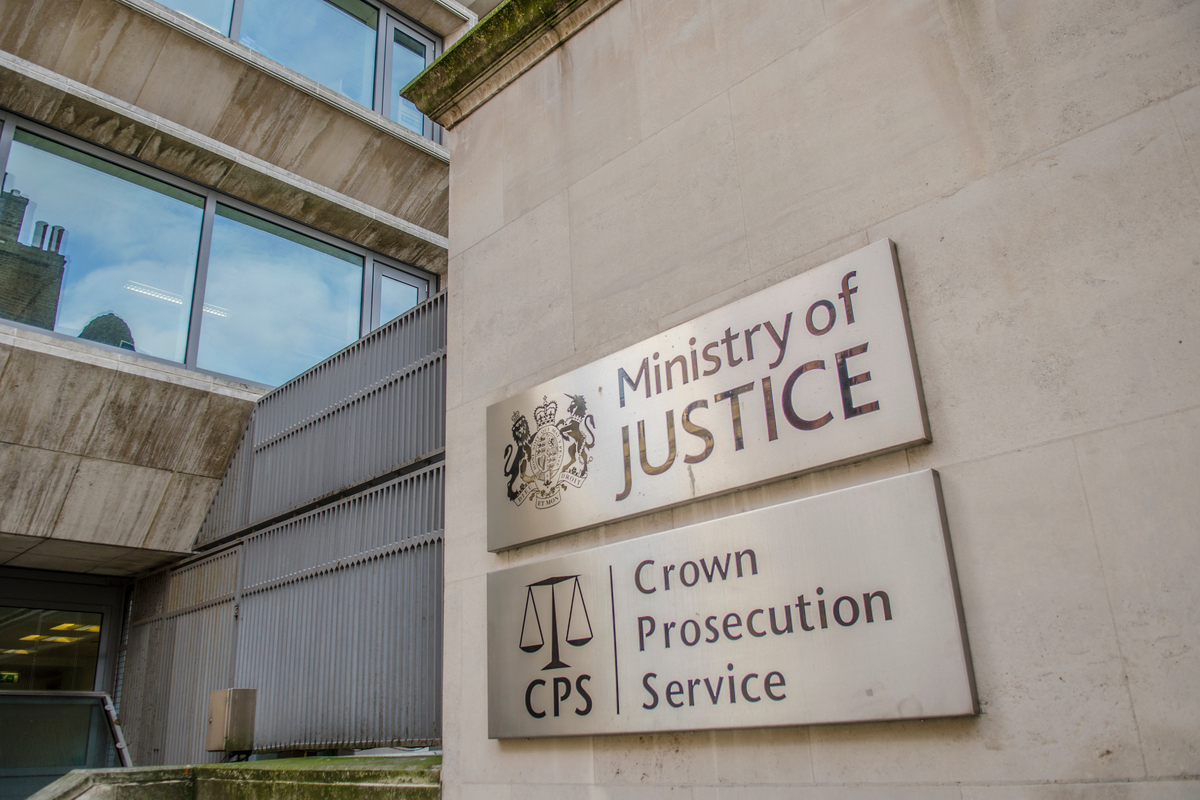Dear visitor,
You're reading 1 of your 3 free news articles this quarter
Register with us for free to get unlimited news, dedicated newsletters, and access to 5 exclusive Premium articles designed to help you stay in the know.
Join the UK's leading credit and lending community in less than 60 seconds.
Debtors to save millions after new MoJ legislation
The Ministry of Justice (MoJ) has issued new guidance confirming that, where creditors are registered for VAT, the debtor should not be charged an enforcement fee.

Senior Journalist, covering the Credit Strategy and Turnaround, Restructuring & Insolvency News brands.
This is driven by the fact that the fee, which is used to cover the cost of it, is recoverable by HMRC. It brings to an end a long-running campaign led by enforcement market integrator Just, with support from parliamentarians and the debt advice sector.
This outcome will save debtors millions of pounds each year of unnecessary enforcement charges, while maintaining creditors’ access to justice through the use of High Court enforcement officers at no additional cost.
High Court enforcement officers should in turn issue the judgement creditor with a VAT invoice that includes the VAT payable on their enforcement fees. Upon receipt of this VAT invoice the judgment creditor is able to reclaim this VAT paid as an input tax on their VAT return.
Where judgment creditors are only able to recover part of the VAT from HMRC because the remainder relates partly to their exempt supplies, the remainder may not be recovered from the debtor as an enforcement cost.
In addition to this, in the event that a High Court officer or the firm they work for is not VAT-registered, VAT cannot be charged on their fees. Therefore, a VAT invoice must not be issued on the High Court enforcement officer’s fees.
Stay up-to-date with the latest articles from the Credit Strategy team
Get the latest industry news






